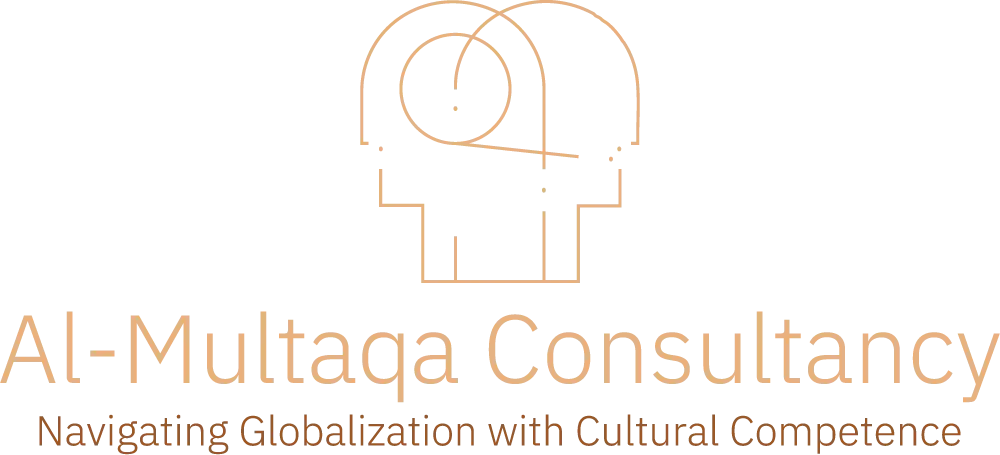The Importance of Intercultural Communication in Global Business
In today’s interconnected global business environment, the capacity for effective intercultural communication has become paramount, especially within the culturally rich and diverse Middle East and North Africa (MENA) region. Leaders who navigate the intricate web of cultural dynamics can unlock a plethora of opportunities that bolster team cohesion and business success. Conversely, those neglecting this critical skill may find themselves entangled in misunderstandings and missed opportunities.
Intercultural communication allows leaders to bridge gaps between diverse cultural backgrounds, fostering mutual respect and understanding. Within the MENA region, specific cultural nuances play a significant role in daily business interactions. For instance, the value placed on hierarchical respect, familial ties, and indirect communication needs special attention. Leaders who comprehend these subtleties can nurture an environment of trust and cooperation, which is vital for strong, effective teams and partnerships.
The challenges of intercultural communication are manifold. When leaders fail to appreciate cultural differences, the repercussions can be detrimental. Misunderstandings can arise, leading to conflicts, decreased productivity, and ultimately, a decline in morale. Furthermore, an insensitivity to cultural differences can tarnish a company’s reputation and hamper its ability to forge meaningful partnerships. For businesses operating within the MENA region, this can translate into substantial lost business opportunities.
To illustrate, consider the protocol of decision-making within MENA organizations. In many instances, decisions are made in consultation with senior family members or elder statesmen, a practice rooted deeply in tradition. A lack of awareness or disregard for this cultural norm could lead to perceived disrespect and strained business relations. Thus, leaders equipped with intercultural communication skills are better positioned to navigate these cultural intricacies, ensuring smoother, more productive interactions.
Emphasizing the importance of intercultural communication is not merely about avoiding pitfalls; it’s also about unlocking new avenues for collaboration. Leveraging the unique perspectives and strengths of diverse team members can lead to innovative solutions and a competitive edge in the global marketplace. In essence, leaders who prioritize intercultural communication are better poised to drive their organizations towards sustainable growth and success within the dynamic MENA region.
Developing Effective Leadership Skills for the MENA Region
The MENA region presents a unique and complex business environment where effective leadership skills are vital for organizational success. To navigate this landscape, leaders must cultivate specific competencies, with cultural intelligence (CQ) at the forefront. This skill enables leaders to understand and respect diverse cultural norms, thus fostering an inclusive workplace. CQ empowers managers to communicate effectively with a multicultural workforce, driving collaboration and innovation.
Adaptability is another crucial trait for leaders in the MENA region. The ability to pivot strategies in response to rapid economic shifts, geopolitical factors, and evolving market demands sets successful leaders apart. An adaptable leader can steer their organization through uncertainty, ensuring resilience and sustained growth.
Inclusivity is pivotal in the MENA business environment. Effective leaders must create inclusive spaces where every team member feels valued. By promoting a culture of inclusion, leaders enhance employee engagement and retention, which in turn drives organizational performance.
Al Multaqa Consultancy is at the forefront of developing these essential leadership skills through tailored programs designed to meet the distinctive needs of the MENA region. Offering practical training sessions, immersive workshops, and personalized coaching, the consultancy empowers leaders to excel. Training programs often include real-world scenarios and simulations, enabling leaders to apply their newfound skills in practical settings.
Notable success stories illustrate the impact of Al Multaqa Consultancy’s services. For instance, a multinational company operating in Saudi Arabia reported a significant increase in employee engagement and productivity after its leadership team underwent cultural intelligence training and inclusive leadership workshops. Similarly, a start-up in the UAE successfully navigated market fluctuations by adopting adaptive leadership strategies through the consultancy’s guidance.
The importance of continuous learning cannot be overstated. Leaders must stay abreast of regional trends and best practices to remain competitive. Engaging in ongoing professional development helps leaders anticipate and respond to changes in the MENA business landscape, ensuring sustained growth and organizational success.



